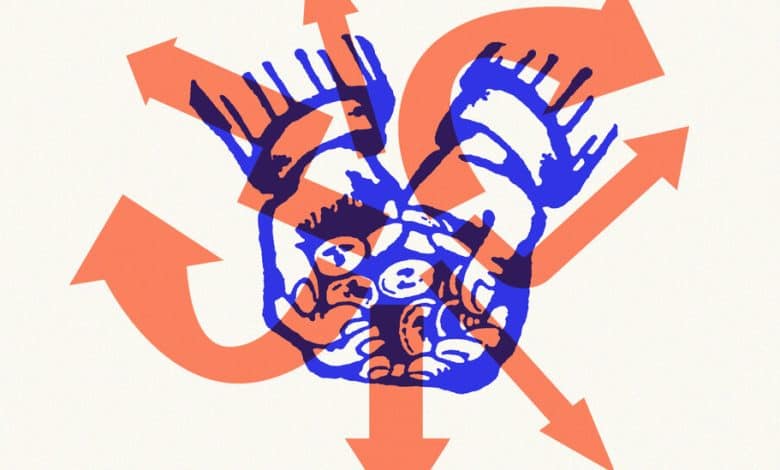Effective Altruism Is Flawed. But What’s the Alternative?

You don’t hear so much about effective altruism now that one of its most famous exponents, Sam Bankman-Fried, was found guilty of stealing $8 billion from customers of his cryptocurrency exchange. (This spring, at age 32, he was sentenced to 25 years in prison.)
But if you read this newsletter, you might be the kind of person who can’t help but be intrigued by effective altruism. (I am!) Its stated goal is wonderfully rational in a way that appeals to the economist in each of us: To “help others as much as we can with the resources available to us” based on three criteria: “importance, neglectedness and tractability.” That’s from the website of Open Philanthropy, which is funded mainly by the Facebook co-founder Dustin Moskovitz and Cari Tuna, a former Wall Street Journal reporter and Moskovitz’s wife.
Effective altruism is a new movement inspired by philosophers (including Peter Singer and William MacAskill) and embraced by Silicon Valley engineers who pride themselves on taking a logical, data-driven approach to life. Its emphasis on issues it describes as important, neglected and tractable has led to a focus on global health and development along with animal welfare and threats to humanity such as bioterrorism and nuclear war.
Last week I talked with people who believe in effective altruism and others who don’t. I found myself dragged into deep questions. Should we give until we’re as poor as the poorest among us — and if not, why not? Are all people on the planet equally deserving of our help? What do we owe to future generations? Is it egotistical or merely sensible to demand proof that our money is being put to good use?
MacKenzie Scott and Melinda French Gates, two of this generation’s most high-profile philanthropists, aren’t effective altruists, but they do care about doing good in cost-effective ways. I’m interested in how they try to achieve that without adopting the E.A. framework of benefit-cost analysis, expected value, optimization and so on.
These deep questions are equally relevant to those of us who don’t have billions of dollars to ladle out, but still have something to give to charity. If you aren’t wrestling with how much you give and to whom, you’re not doing the job right. (And giving is a job.)
